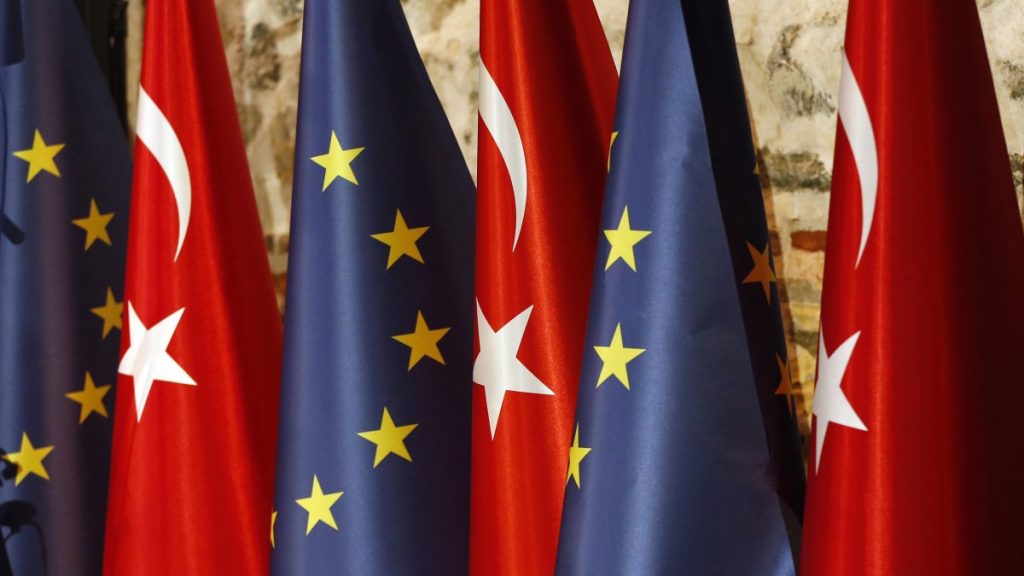Experts underscored the importance of the European Union in taking an active role in ending the ongoing crisis in Syria and bolstering relations with Türkiye to prevent risks to the bloc.
Velina Tchakarova, founder of FACE For A Conscious Experience and a geopolitical strategist, noted that the recent phone call between EU Commission President Ursula von der Leyen and President Recep Tayyip Erdoğan emphasized the importance of Syria’s territorial integrity and the protection of minorities.
She urged the EU to go beyond dialogue and actively shape the situation on the ground.
“The EU risks becoming a passive observer again,” Tchakarova told Anadolu Agency (AA). “As von der Leyen and Erdoğan meet next week, the EU must focus on concrete actions aligned with shared goals to stabilize the region through EU-Türkiye cooperation.”
The geopolitical strategist stressed the need to support institutions for the safe return of displaced Syrians.
Following the Nov. 27 outbreak of clashes between anti-regime groups and Assad regime forces, Bashar Assad and his family fled to Russia after anti-regime groups took control of the capital Damascus, marking the collapse of the Baath Party regime, which had been in power in Syria since 1963.
‘Future of Syria must be determined by Syrians’
Donato Di Bartolomeo, a Middle East expert at the European University Institute, said many Syrians oppressed by the Assad regime are finding hope in Syrian group Hayat Tahrir al-Sham (HTS).
In an interview with AA, he suggested that the leadership of Abu Mohammad al-Jolani in Idlib could offer a “model” for Syria’s future.
However, the group and its leader, al-Jolani, have sought to rebrand themselves as a more moderate force in Syria, emphasizing inclusion and a political path forward.
Di Bartolomeo called for a peaceful transition, saying: “The future of Syria must be determined by Syrians. I hope for a smooth transition that avoids further pressure, violence, and loss of life.”
He added that von der Leyen’s planned visit demonstrated Türkiye’s importance in the EU’s approach to the region.


